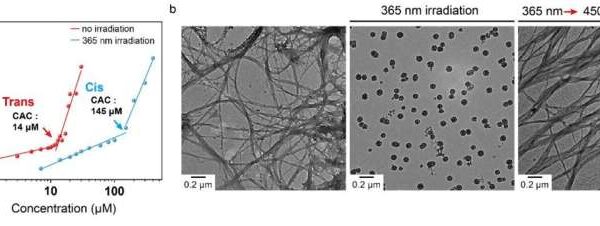The CEO of Rivian, RJ Scaringe, has publicly addressed the prevailing narrative surrounding the affordability of electric vehicles (EVs) produced in China. Speaking at an industry event in September 2023, Scaringe emphasized that there is no “magic” formula that allows Chinese manufacturers to produce EVs at significantly lower prices than their competitors. He highlighted the complex realities of the automotive market and the critical factors that contribute to pricing.
Scaringe’s remarks come as global attention focuses on China’s rapidly growing EV sector, which has made headlines for its ability to deliver quality electric vehicles at competitive prices. Rivian, an American electric vehicle manufacturer, is navigating a market where established automotive giants and new startups are increasingly vying for consumer interest.
Understanding Cost Structures in the EV Market
During his address, Scaringe dissected the elements that contribute to the lower production costs in China. He pointed out that economies of scale, government subsidies, and a robust supply chain network play significant roles in enabling Chinese companies to offer more affordable vehicles. These factors, he argued, are often overlooked in discussions about the pricing strategies of EV producers.
Scaringe’s comments reflect a broader concern within the industry about the competitive landscape. According to him, while Rivian continues to invest heavily in technology and innovation, the company must also contend with these cost advantages presented by its Chinese counterparts. “It’s important to dissect where these cost advantages come from,” he stated, urging industry stakeholders to consider the implications of such pricing strategies.
Rivian’s Position in the Global EV Landscape
Rivian, which launched its first electric pickup truck in 2021, has faced various challenges, including production delays and supply chain disruptions. Despite these obstacles, the company reported delivering over 20,000 vehicles in 2022 and has ambitious plans for future growth. As of 2023, Rivian aims to ramp up its production to meet increasing demand in both the United States and international markets.
Scaringe reaffirmed Rivian’s commitment to delivering high-quality products that emphasize sustainability and innovation, rejecting the idea that lower costs should come at the expense of quality or ethical production practices. “We are focused on building vehicles that not only serve our customers but also uphold our values,” he asserted.
The electric vehicle market is expected to expand significantly in the coming years, with forecasts indicating that global EV sales could reach 30 million units annually by 2030. Rivian’s ability to carve out its niche within this burgeoning market will largely depend on how it responds to challenges posed by lower-cost competitors while maintaining its brand identity.
In conclusion, Scaringe’s comments underscore the complexities of the EV market, particularly as manufacturers navigate the intricacies of pricing, production, and consumer expectations. As Rivian continues to develop its offerings, the insights shared by its CEO will likely influence discussions around competitive strategies and market positioning in an increasingly crowded landscape.





































































